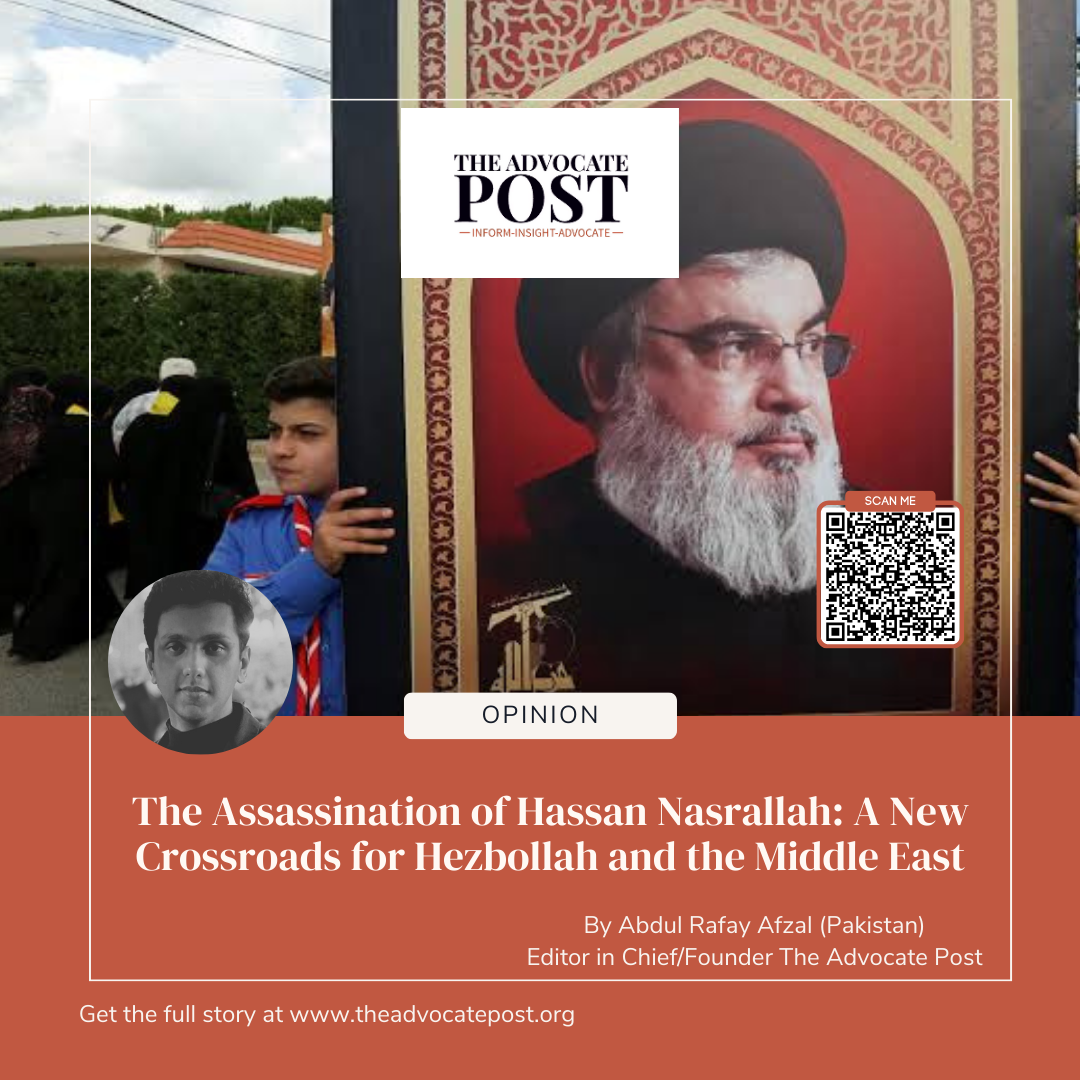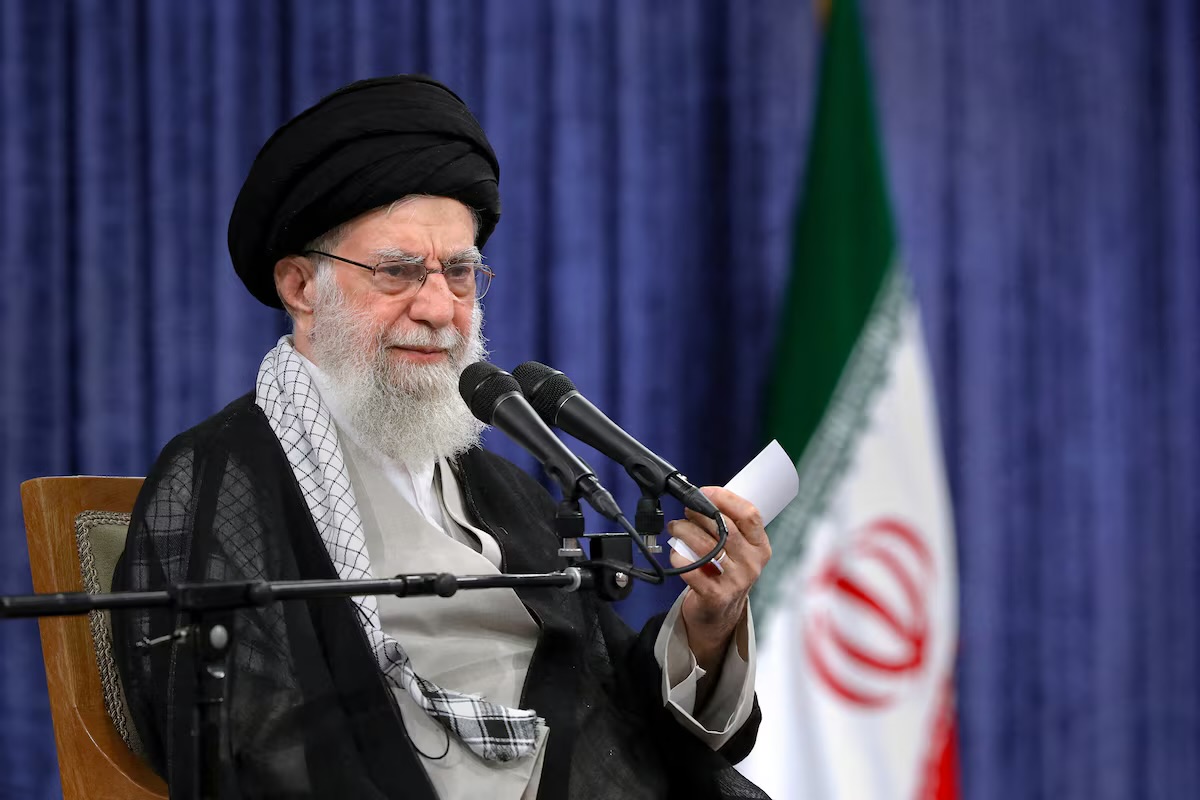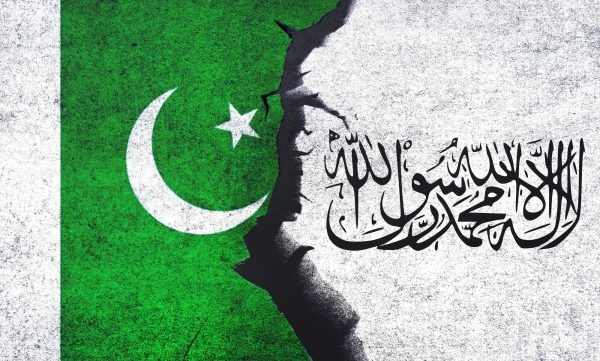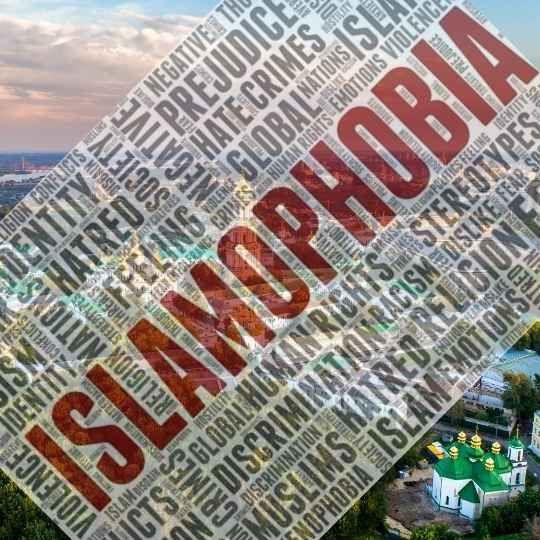By Abdul Rafay Afzal (Pakistan)
The news of Hassan Nasrallah’s assassination has reverberated across the Middle East, signaling a profound shift for Hezbollah, Lebanon, and the region of the Middle East. For decades, Nasrallah was a unifying figure within Hezbollah, guiding the organization through turbulent times and anchoring its dual role as both a political force and militant resistance in Lebanon. It was Nasrallah who chnaged a military group into a political party in Lebanon so the sphere of influence is not only on the grounds but in the legislature as well.
Hezbollah’s Roots
Hezbollah wasn’t always a major political player. It began as a scrappy resistance movement in the 1980s, aiming to defend Lebanon from Israeli invasions, and quickly gained influence through Iran’s support. Nasrallah became central to Hezbollah’s success, positioning it as not just a militant group but a community lifeline—building schools, hospitals, and essential infrastructure for Lebanon’s Shiite population. By providing these social services, Nasrallah earned unwavering support, and Hezbollah gained legitimacy beyond its weapons. Due to sanctions from the allies of Israel (Western Powers) on Hezbollah in Lebanon, Hamas in Palestine, Houtis in Yemen and Iran and their ties with each other makes them united on different fronts in the region as they all are considered evil in the eyes of Western Powers but the views are different when it comes to the other part of the World.
A Leader Lost, and a Region on Edge
Nasrallah’s assassination leaves Hezbollah in a delicate state. Internally, his death could trigger factional infighting, as his replacement might struggle to command the same respect and unity he cultivated. Regionally, his death is like throwing a match into dry brush—one spark could set off an uncontrollable fire. With Israel on high alert and Nasrallah’s allies in Iran and Syria watching closely, there’s an undeniable risk of retaliatory violence that could pull the entire Middle East into a larger, more devastating conflict.
The Influence of Global Powers
This moment also highlights the complex role of Western influence in the region. The U.S. and Europe have long supported Israel, providing military and diplomatic backing that often leaves regional players feeling marginalized. For people on the ground, this often fuels a sense of injustice, where peace feels like a distant ideal overshadowed by powerful international biases. As long as Western powers play favorites, finding a stable resolution in the Middle East remains an uphill struggle.
What Lies Ahead for Hezbollah?
Without Nasrallah, Hezbollah faces a crossroad. Will it remain a symbol of resistance and political resilience? Or will it struggle to adapt to an uncertain future? The answers will shape not only Hezbollah’s trajectory but also Lebanon’s political landscape. The organization may need to redefine itself, balancing its military roots with the political progress Nasrallah championed.
A Fragile Future
The death of Hassan Nasrallah is more than a single leader lost; it’s a tremor shaking the region’s fragile foundation. The Middle East is once again on the edge, grappling with questions of power, survival, and peace. How Hezbollah, Lebanon, and the region navigate this loss will define the Middle East’s future—whether it’s marred by further violence or steered toward an elusive stability. The path forward is fraught, but the stakes are higher than ever.
Author is from Lahore, Pakistan. Editor in Chief of The Advocate Post and Pakistan’s youngest international journalist. He writes perceptive columns on geopolitics, international relations, and legal affairs etc. in more than 13 countries providing unique insights into the global landscape in different Pakistani and International Newspapers and Media outlets in English & Urdu languages. He can be reached at @arafzal555 on instagram or email rafayafzal555@gmail.com






